Having a pet is fun but it also comes with a lot of complications. One such complication, especially if your pet is new, is urine. Unlike people, pets tend to pee wherever they see fit. This may be remedied through training, but it may take a while for them to learn where the proper place to pee is. Of all pets, the smell of a cat’s urine is probably the most distinct and unpleasant. It can linger in furniture, carpet, and flooring for days. Fortunately, there are many different cat urine odor removal methods available to help you get rid of the smell.
Cat Urine Odor Removal Home Remedy
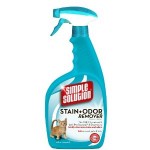 If you’re on a tight budget you may want to try some of the cat urine odor removal home remedy methods below before buying a commercialized spray. Otherwise, just grab a bottle of Simple Solution Extreme Stain and Odor Remover for under $10. It will do the trick.
If you’re on a tight budget you may want to try some of the cat urine odor removal home remedy methods below before buying a commercialized spray. Otherwise, just grab a bottle of Simple Solution Extreme Stain and Odor Remover for under $10. It will do the trick.
1.) Hydrogen peroxide and Listerine. Any detergent that contains peroxide can be used on the affected area. To mask the odor try mixing the detergent with some Listerine. Wait for the affected area to absorb the mixture (this will take around 5 minutes) and then rinse and soak up with warm water and a rag or paper towel. Repeat the process until the odor is completely gone. You can also just pour the mixture directly over the affected area if you don’t have a spray. If you choose to do this, let the mixture dry before rinsing it off.
2.) Listerine. As mentioned above, Listerine is a very effective ingredient in eliminating the odor of cat urine, probably because of the amount of alcohol that it has. It can either be mixed with peroxide, water and vinegar, or plain hot water. When working with a water and Listerine solution, simply dab the area with it and let dry.
3.) Baking Soda. Baking soda is used to eliminate many different odors. It might eliminate the cat urine smell on the surface, but it won’t likely do anything about odors that have deeply penetrated. To use this method, simply dampen the affected area and scatter some baking soda across it. For best results, try aggressively rubbing the baking soda into the area with a rag. Once the area is dry, use a brush or a vacuum to clean the surface.
4.) Baking Soda, Detergent/Soap, Peroxide. A mixture of ¼ cup baking soda, one quart of peroxide, and some drops of detergent or liquid soap can do wonders in removing odors. Using a spray bottle simply spray the mixture onto the affected areas and let it get absorbed. If the areas you are working on are porous, more quantities should be sprayed on. Rinse the area with warm water after.
You can also mix these ingredients in a plastic container using a plastic spoon and then apply it on the smelly or stained areas. However, you should remember to discard the materials after use.
When using detergents or liquid soaps, make sure never to use one that is based on ammonia. Since ammonia is also what cat urine is based on, using it will further encourage a cat to pee in the same area again.
Cat Urine Smell Remover with Vinegar
 Vinegar is another effective ingredient in removing different kinds of stains and odors. White vinegar, in particular, has been used to eliminate odors for a long time. There are many ways to remove unwanted odors using vinegar:
Vinegar is another effective ingredient in removing different kinds of stains and odors. White vinegar, in particular, has been used to eliminate odors for a long time. There are many ways to remove unwanted odors using vinegar:
1.) Vinegar and Water. Combining one part white vinegar with two to three parts warm water will create a strong solution capable of removing cat urine odor. Absorb as much urine as you can into a paper towel and then apply the solution with a spray bottle. If you don’t have a spray bottle you can try leaving a cloth soaked with the solution on the affected area overnight. You may want to place a heavy object over the cloth to make this more effective. Let the area dry and then wipe with a clean cloth and warm water. If the odor or stain is still there, you can repeat the procedure using a weaker mixture. To make sure that the solution won’t damage your furniture, test on an inconspicuous area first.
2.) Vinegar, Baking Soda, and Soap. Like with vinegar and water, the first thing to do is to get rid of as much cat urine as possible without any solution first. Then, make a 1:2 mixture of white vinegar and water. Add a little soap along the way. Use a clean rag to apply the mixture to the affected area and press firmly to soak up the excess urine. Do this until the area is dry and then repeat the method but this time using fresh water. After the area dries, spread baking soda and leave there for 24 hours. Remove the baking soda by brushing or vacuuming.
3.) Vinegar, Baking Soda, and Cornstarch. This mixture, which involves combining equal amounts of baking soda, cornstarch, and white vinegar, is a pasty one. To apply, simply rub it on the affected area using paper towels or a scrub brush that is soft.
Cat Urine Odor Removal from Wood Floors
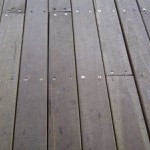 Cat urine isn’t just an odor or stain problem when it comes to hardwood floors; it is a harmful substance that can produce rot on your floor if it is not cleaned up promptly. Because it is very expensive to replace floors, it is important that you know how to remove cat urine from them. Working on the problem while it is still fresh can do wonders, so it is best to clean the urine as soon as you smell it.
Cat urine isn’t just an odor or stain problem when it comes to hardwood floors; it is a harmful substance that can produce rot on your floor if it is not cleaned up promptly. Because it is very expensive to replace floors, it is important that you know how to remove cat urine from them. Working on the problem while it is still fresh can do wonders, so it is best to clean the urine as soon as you smell it.
Here is one good method to get rid of the smell of cat urine:
Step 1: Get rid of excrements.
Step 2: Firmly blot the affected area
Step 3: Use white vinegar to wash the area but make sure to do this several times. Once may not be enough to remove the odor
Step 4: Use warm water to thoroughly rinse the stain
Step 5: Blot the area dry using paper towels.
Step 6: If you have one, apply a commercial odor and stain removing cleaner. It is important, however, to read the instructions and test on an inconspicuous spot of floor first before using the product.
You can sand and reseal the flooring if there are stains that can’t be removed. Please refer to these posts for assistance:
Sanding / Refinishing Wood Furniture
Staining Furniture
Cat urine is no joke. It has a very unpleasant odor that lingers for days. Removing the scent is important if you want your house to smell fragrant and not unpleasant. Removing the scent will also discourage your cat from urinating in the same spot. There are many ways to remove the odor of a cat’s urine, and many of them don’t involve spending a lot of money.
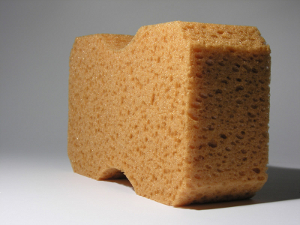

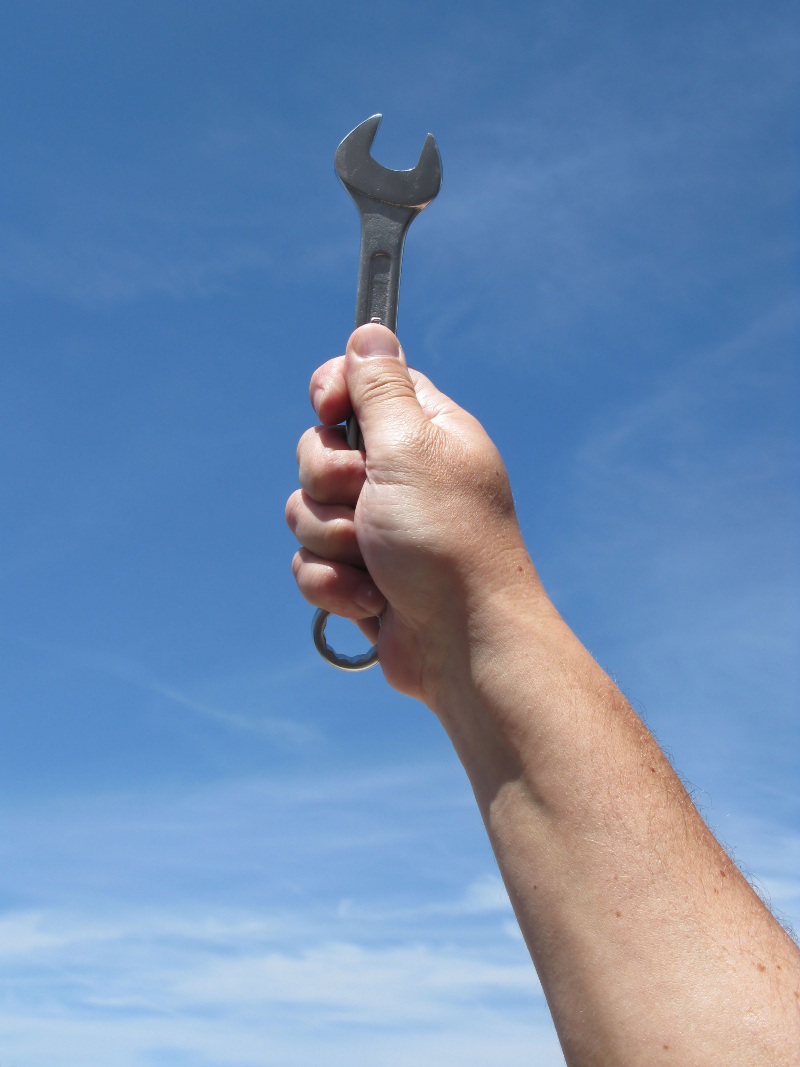
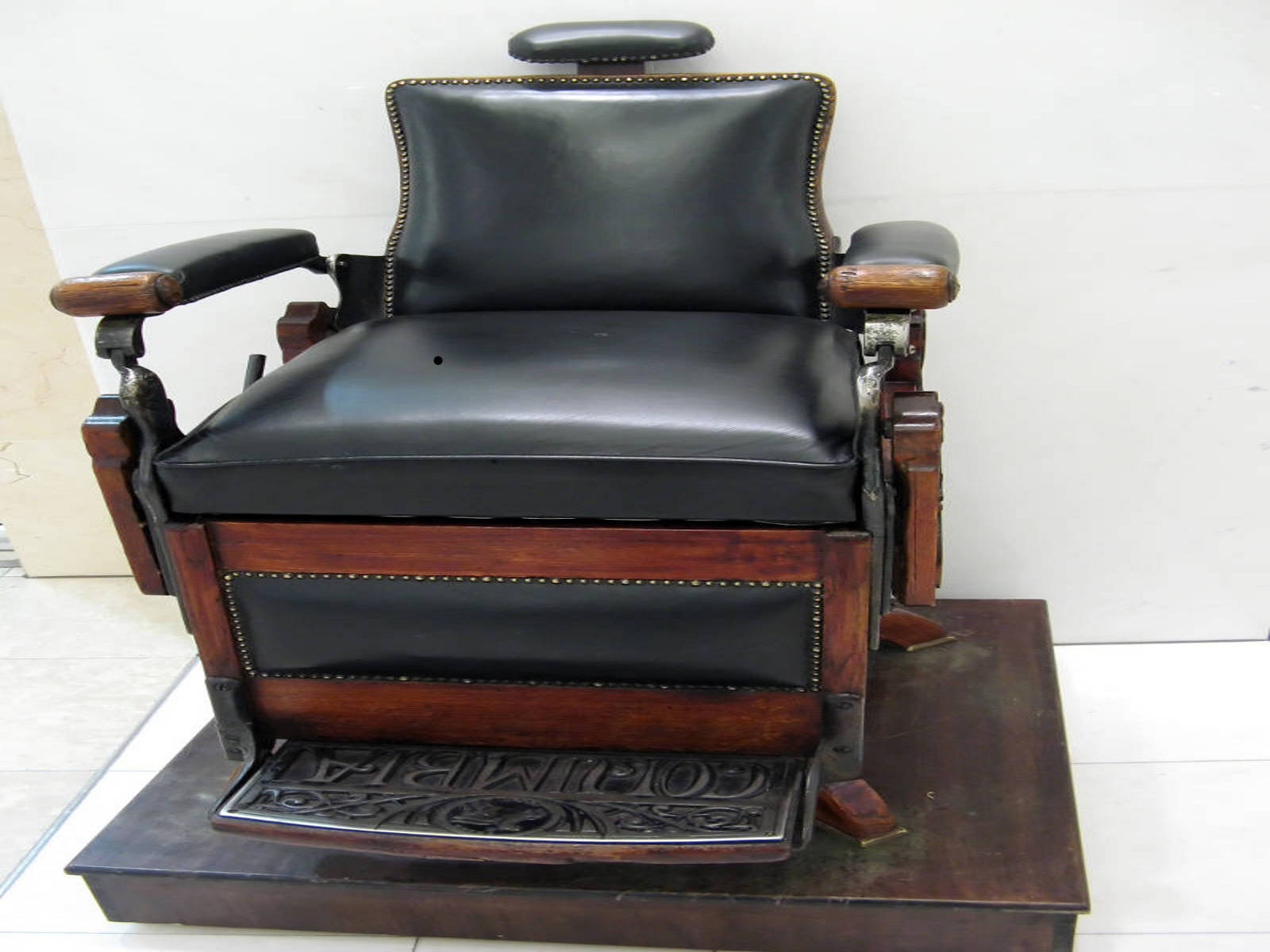
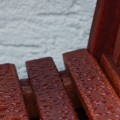
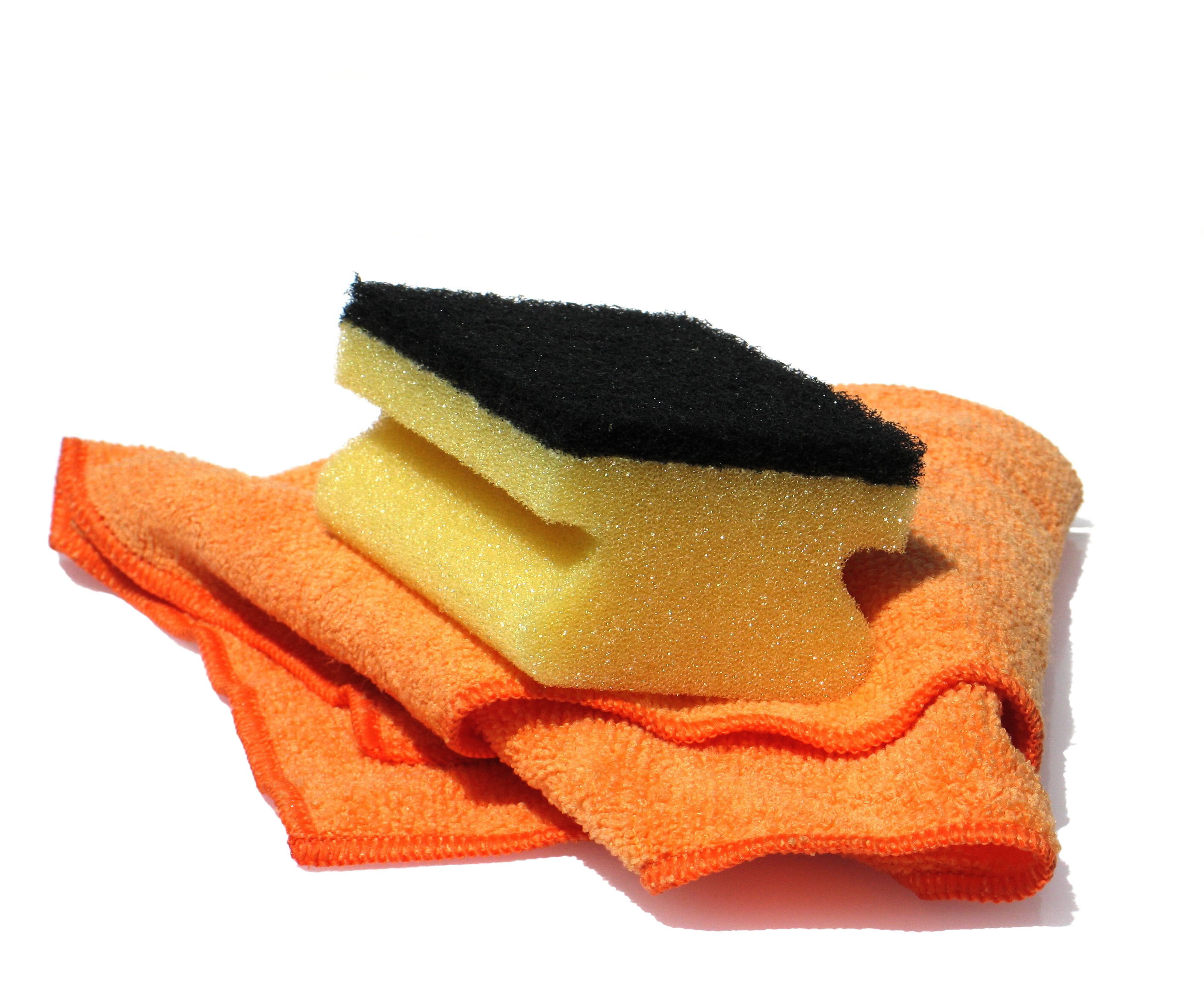

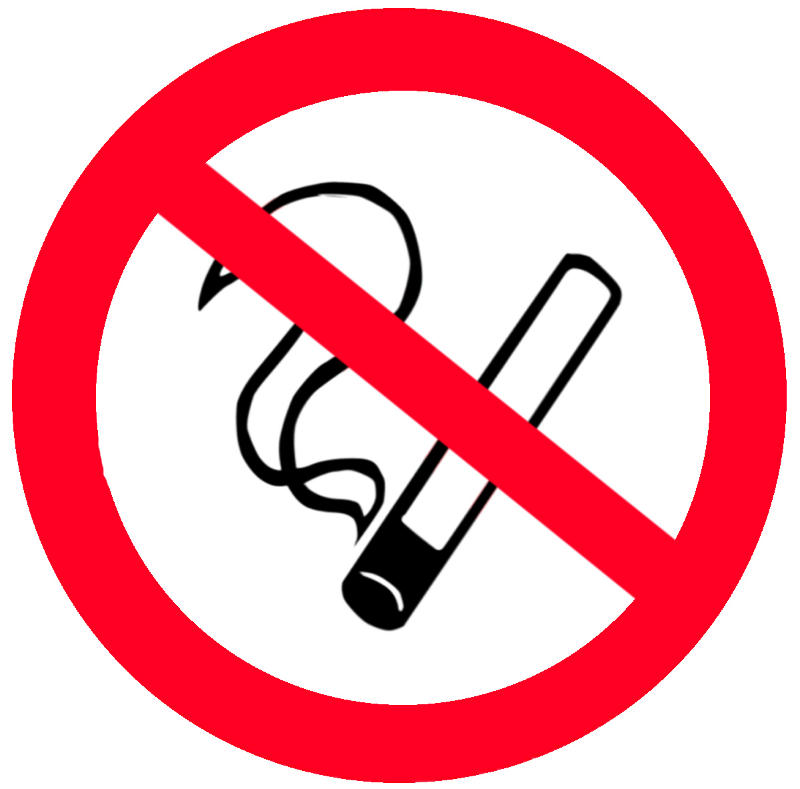
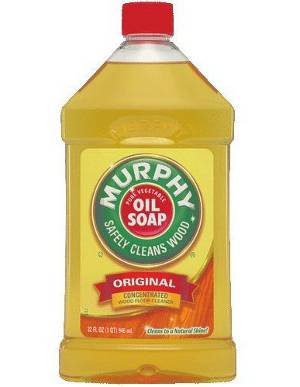
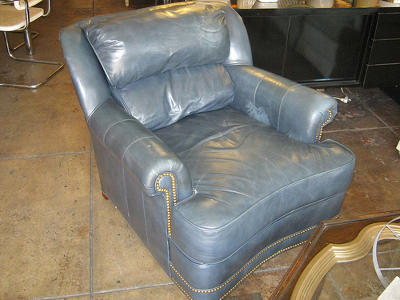
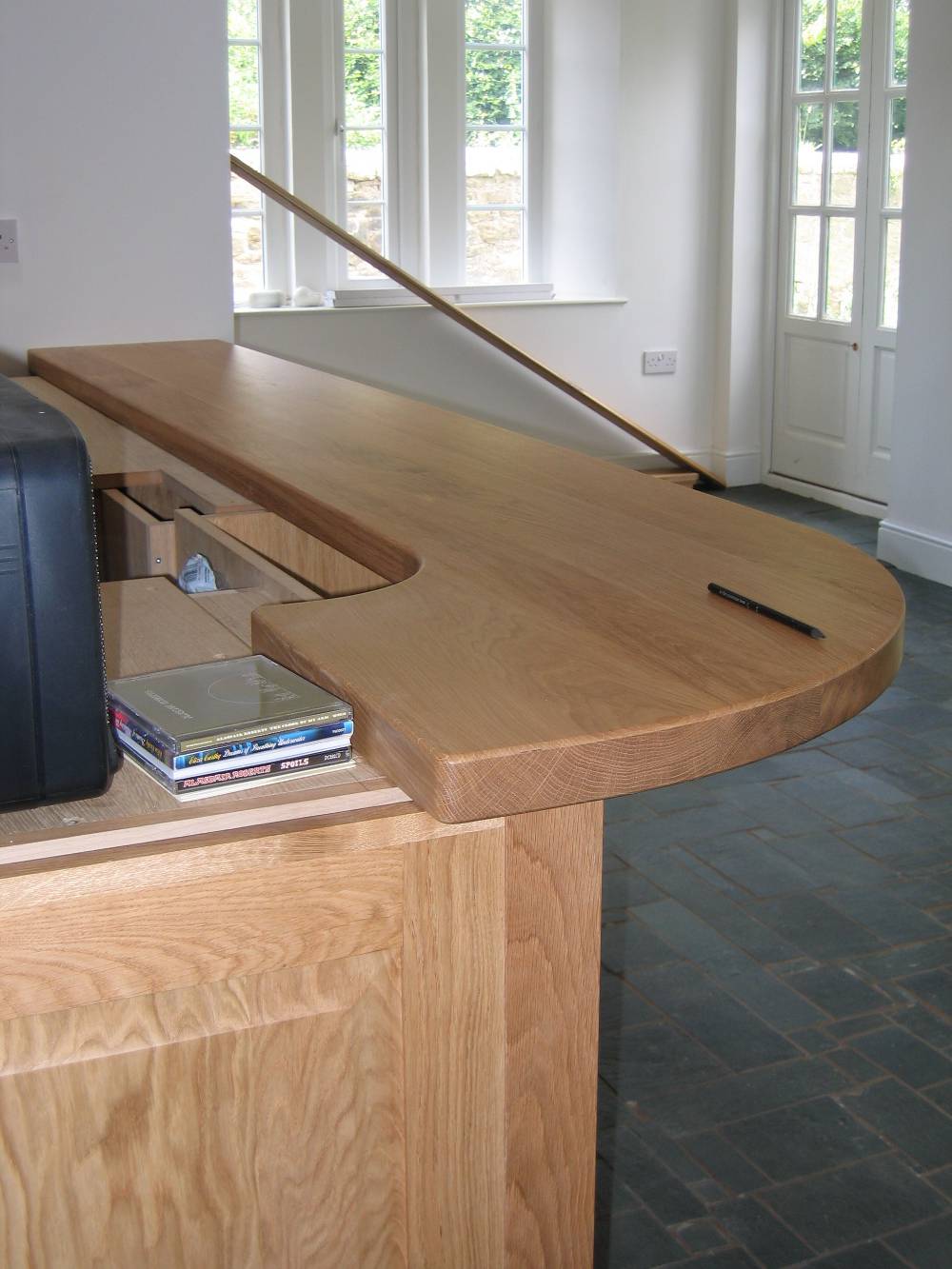
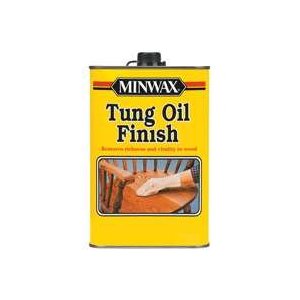
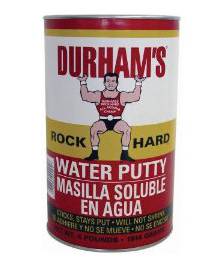

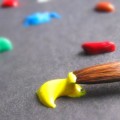
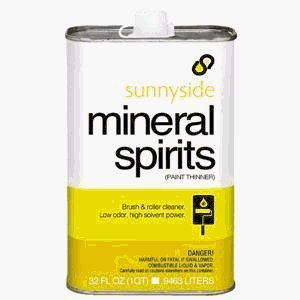
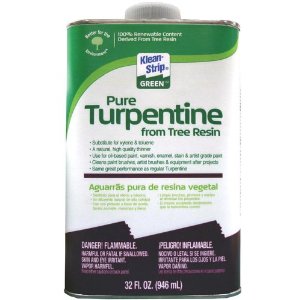
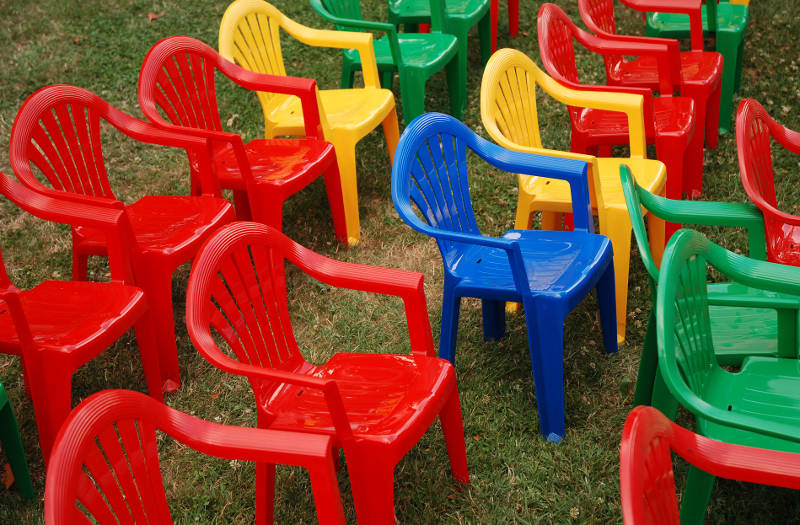
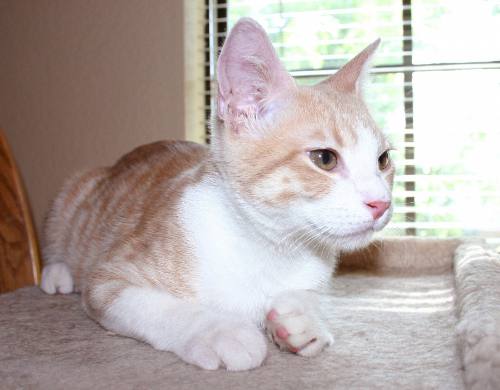

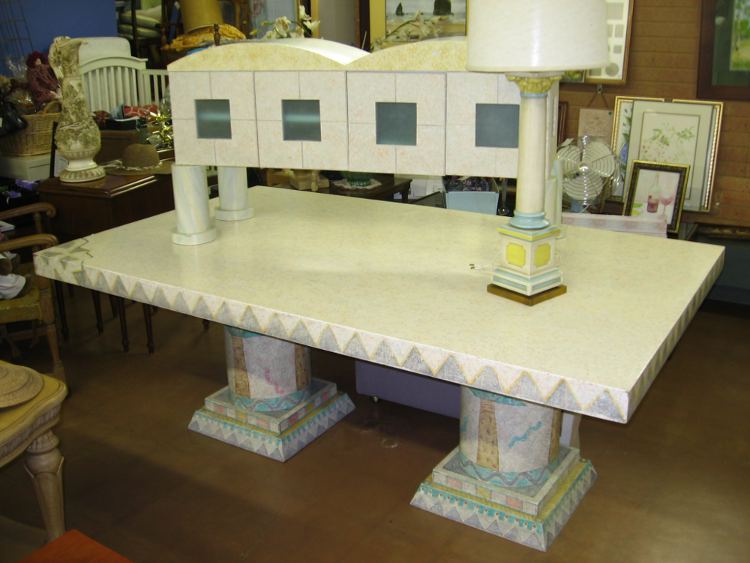
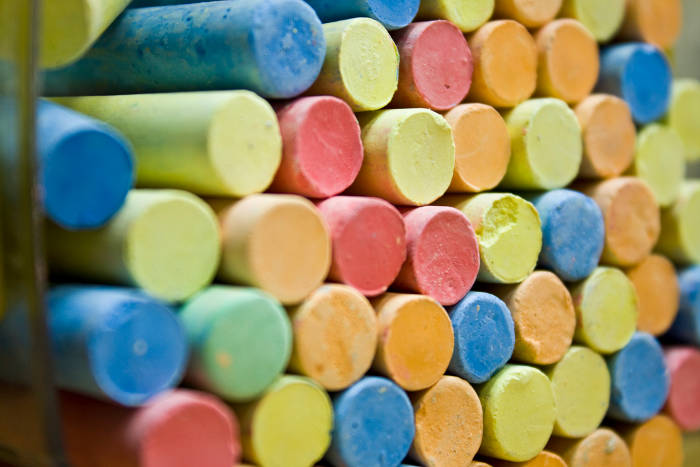
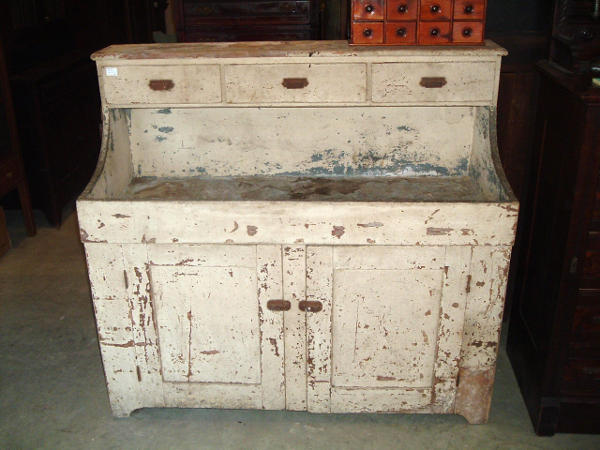
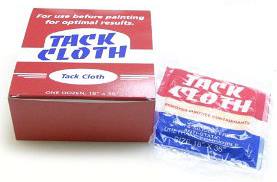
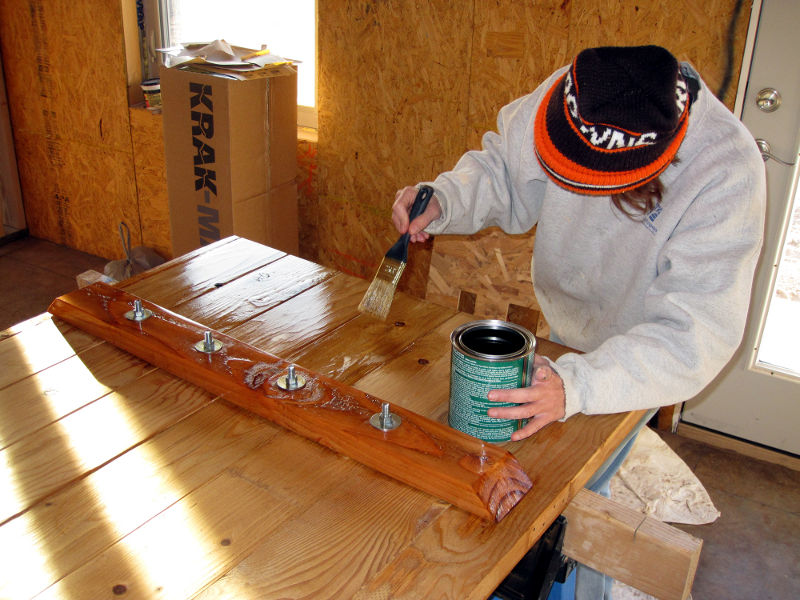

 Vinegar is another effective ingredient in removing different kinds of stains and odors. White vinegar, in particular, has been used to eliminate odors for a long time. There are many ways to remove unwanted odors using vinegar:
Vinegar is another effective ingredient in removing different kinds of stains and odors. White vinegar, in particular, has been used to eliminate odors for a long time. There are many ways to remove unwanted odors using vinegar: Cat urine isn’t just an odor or stain problem when it comes to hardwood floors; it is a harmful substance that can produce rot on your floor if it is not cleaned up promptly. Because it is very expensive to replace floors, it is important that you know how to remove cat urine from them. Working on the problem while it is still fresh can do wonders, so it is best to clean the urine as soon as you smell it.
Cat urine isn’t just an odor or stain problem when it comes to hardwood floors; it is a harmful substance that can produce rot on your floor if it is not cleaned up promptly. Because it is very expensive to replace floors, it is important that you know how to remove cat urine from them. Working on the problem while it is still fresh can do wonders, so it is best to clean the urine as soon as you smell it.